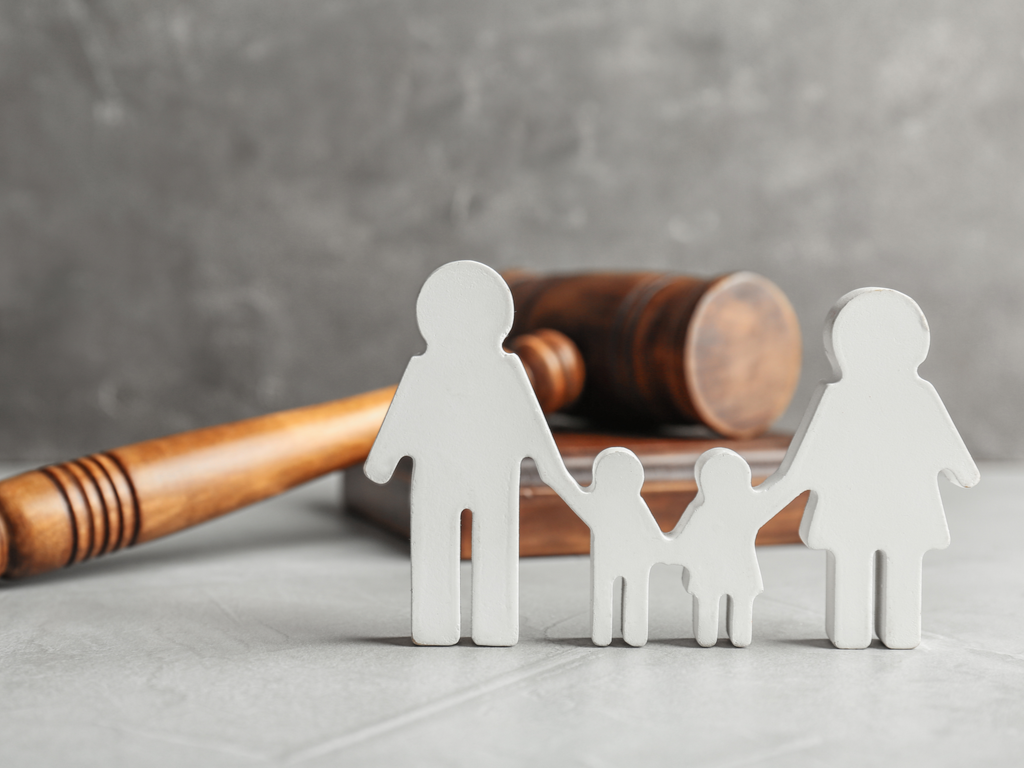Sadly, every 22 minutes a parent in the UK dies, leaving dependent children. Statistics show that 1 in 20 children will have lost at least one parent by the age of 16.
Guardianship is a common trigger for making a Will, with parents keen to ensure that arrangements are in place for their children, should something happen to them.
Parental responsibility means making decisions on behalf of a child below the age of 18, for example, where they live, where they go to school, whether they should have medical treatment and the right to apply for official documents, such as a passport, on their behalf.
While it may be very difficult for clients to think about such circumstances, about 1 in 5,000 parents will die at the same time while their children are still minors. This will almost certainly be the most traumatic event in their children’s lives, so it’s essential that parents put in place arrangements that will guarantee certain, immediate and appropriate care for them.
Recent research shows that 54% of UK adults do not have a Will. While the reasons for this figure could vary from cost to awareness, there’s also several widespread assumptions around dying intestate, which simply aren’t the case. Here are some of the most common – and incorrect – assumptions specific to guardianship:
1. “The father will automatically get guardianship if the mother dies.”
If the biological parents aren’t married and the father has not acquired parental responsibility by marrying the mother, being listed on the birth certificate, or getting a court order bestowing parental responsibility on him, he won’t automatically become the legal guardian.
2. “The kids will just go to my mother – she looks after them half the time, anyway.”
In the absence of a Will or other document appointing your mother as guardian, this will not automatically happen. It may be necessary to apply to court to formalise this appointment. In some scenarios, there is even the risk that children are taken into care while guardianship is clarified.
3. “My ex-husband has never spent time with his children, I want to appoint someone else as guardian.”
If the mother was married to the children’s father when they were born, he has parental responsibility and will automatically be the guardian if she dies. He may not want to exercise this parental responsibility, however, so the appointment of a guardian by Will is still important, just in case.
4. “I want a different guardian from the one chosen by the father – the children’s guardian will be the one appointed by the Will of the last to die.”
Not so – if the parents appoint different guardians, they must agree on decisions relating to the children, and if they can’t, it will be for the court to decide.
5. “I don’t need to appoint a guardian, I appointed godparents when my children were christened.”
Not true – while godparents can have a pivotal role in the upbringing of children in terms of moral and spiritual guidance, they have no legal rights in respect of children in the event that their parents die. If you wish your children’s godparents to also be their legal guardians, you should make such an appointment by Will.
“People often wrongly assume that the people closest to them would be the automatic guardians and would just ‘take over’ if the worst happened. This, sadly, is not necessarily the case. If no formal guardianship arrangements have been made, it will be for the court to decide who to appoint as the legal guardian for the child, and this may not be who the parent would have chosen for themselves. And in the worst-case scenario, the child could be placed in foster care while the court process took place, adding additional stress at an already traumatic time.”
explained Richard Hodge, Director of Wills and Estate Planning at Family Matters.


